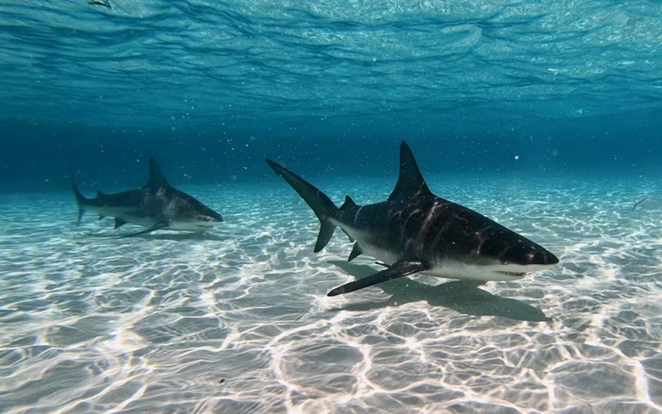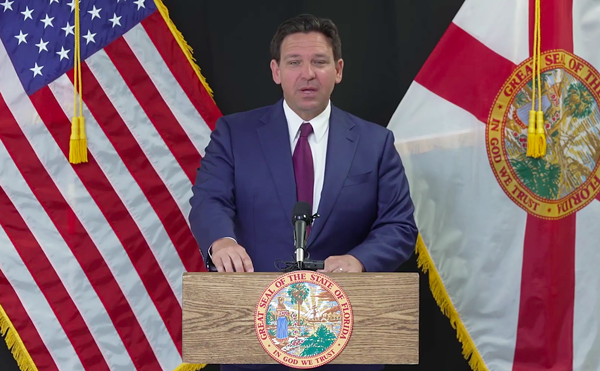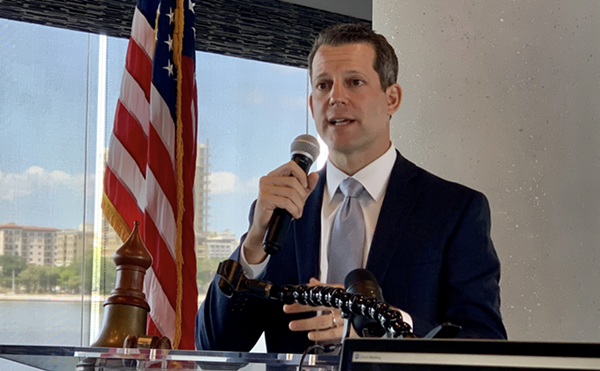
Fish and wildlife officials appear to be proposing few changes to shark-fishing regulations in Florida waters, though rules about blacktip sharks might be adjusted.
A Florida Fish and Wildlife Conservation Commission staff presentation planned for an Oct. 6 meeting in St. Johns County lists recommendations including “continue coordination with federal partners to allow additional fishing opportunities; consider adjusting FWC blacktip shark regulations; and work with partners to better quantify shark interactions.”
The presentation is expected to include a history of shark management, the rationale for current regulations and why certain species are prohibited from harvesting in state waters. The commission for several years has tried to better understand increased encounters between sharks and people fishing in Florida waters. The incidents haven’t made waters deadlier. But as conservation efforts have helped some shark species repopulate, the encounters appear more prevalent amid reports of sharks consuming catch before it’s brought onto boats or shortly after it is released back into the water.
During a panel discussion in May, wildlife artist and conservationist Guy Harvey told the commission the interaction problem is with humans, not with the rebounding shark population. “The shark is not an invasive species. We cannot treat it as the enemy,” Harvey said. “We need to learn more about the species. I think the FWC (Fish and Wildlife Conservation Commission) needs to spend more time and effort researching the lesser-known species, especially those coastal species that have really suffered from severe depletion, like the lemon sharks, the great hammerhead, the bull sharks and the black tips (which) have definitely accounted for a lot of these interactions.”
The state agency maintains its rules for sharks are more conservative than the federal government because Florida waters provide essential fish habitat and nursery grounds. In 2020, several shore-based shark fishing changes were put in place that included restrictions on “chumming” with fish parts.















